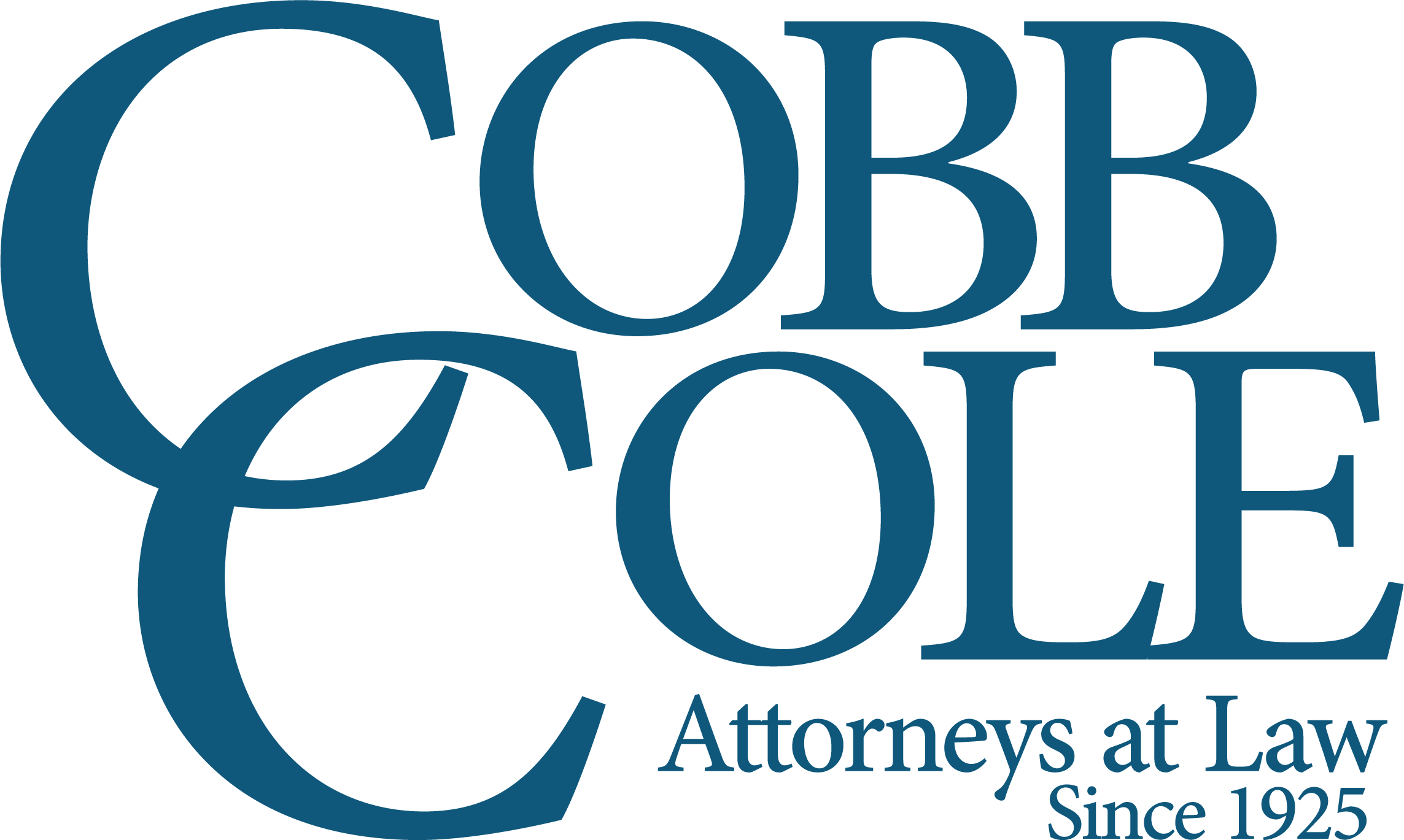When planning for the future, people usually consider writing a will but overlook the potential benefits of creating a trust. While both instruments help manage and distribute assets after death, a trust offers broader flexibility, privacy, and potential cost savings, especially in Florida.
Understanding how trusts work and when they are advantageous can help you decide if a trust should be part of your estate plan. For those unsure how to begin, working with the estate planning attorneys at Cobb Cole provides the strategic support necessary to choose the right tools for your specific needs.
What Is A Trust? How Is A Trust Different From A Will?
Everybody needs an estate plan, but for more complex estates, a will may not be enough. For those, a trust is a legal arrangement where a person (the settlor) transfers assets to a trustee, who then manages those assets for the benefit of named beneficiaries.
Trusts can take effect during your lifetime (living trusts. In contrast, a will only becomes effective upon death and must go through the court-supervised probate process, which can be time-consuming and complicated.
The primary distinctions between a trust and a will include:
- Timing: A living trust operates while the settlor is alive and continues after death, while a will is triggered only after death.
- Probate: Assets in a trust bypass probate, whereas a will must be submitted to probate court, which can be time-consuming and costly.
- Privacy: Trusts are generally private, while wills become public record through probate.
- Incapacity Planning: A living trust can include provisions for managing assets if the settlor becomes incapacitated, something a will cannot do.
Cobb Cole’s Estate Planning attorneys can explain how each option applies in your situation and whether a combination of both offers a more complete solution.
When Is A Trust Most Helpful?
Not every estate requires a trust, but several scenarios make a trust particularly useful:
- Avoiding Probate: Florida’s probate process can be lengthy and expose estate details to public scrutiny. By placing assets in a trust, families may avoid the delays, court filings, and potential contests that probate can trigger.
- Owning Property Across Multiple States: If you own real estate in more than one state, your estate could be subject to multiple probate proceedings. A trust allows for centralized asset management and avoids probate in each state.
- Blended Families And Special Circumstances: Trusts provide a way to ensure certain assets go to children from a previous marriage, or that a spouse is supported without disinheriting others. They are also useful for minor children, family members with disabilities, or any beneficiary who may need asset protection or management over time.
- Tax Planning And Asset Protection: While estate taxes affect fewer households today, high-net-worth individuals may still benefit from trusts that shield assets, limit tax exposure, or stagger distributions to beneficiaries.
- Business Succession Planning: A trust can provide a smooth path for transferring business interests, including control provisions and successor management in the event of incapacity or death.
Who Benefits From A Trust?
Trusts are not just for the wealthy. Individuals and families across income levels can benefit from a trust depending on their goals, family structure, and types of assets.
Those who may benefit from trusts most include:
- Parents With Minor Children: A trust can hold and manage assets for children until they reach a designated age, avoiding court-supervised guardianship.
- Elderly Individuals Planning For Incapacity: A revocable living trust lets the settlor name a successor trustee who can step in if they become incapacitated, ensuring uninterrupted financial management.
- Real Estate Owners: If you hold title to real estate in your name, passing that property through a will means probate. Transferring the deed into a trust avoids that step. In general, whenever estate planning and property law intersect, consulting an attorney can help you align the two and reduce future complications.
- Blended Families: Trusts allow for tailored distributions that can balance obligations to multiple sets of beneficiaries.
- Individuals Seeking Privacy: If you prefer to keep the terms and value of your estate confidential, a trust provides a private alternative to the public probate process.
Do I Still Need A Will If I Have A Trust?
Yes. A comprehensive estate plan often includes both a trust and a “pour-over” will. The will serves as a safety net, capturing any assets not formally transferred into the trust during your lifetime and ensuring they are distributed according to the trust’s terms. It also allows you to name guardians for minor children, which a trust cannot do.
How Do I Know Which Type Of Trust I Need?
Florida recognizes several types of trusts. The right one depends on your goals:
- Revocable Living Trust: Offers flexibility and control, since the settlor can modify or revoke the trust during their lifetime. Commonly used to avoid probate and plan for incapacity.
- Irrevocable Trust: Cannot be changed after creation and is often used for asset protection, tax planning, or Medicaid eligibility planning.
- Special Needs Trust: Preserves a beneficiary’s eligibility for public benefits while providing additional financial support.
- Charitable Trusts: Allow donors to support charitable causes while gaining potential tax advantages.
Attorneys in Cobb Cole’s Estate Planning practice group can help you articulate your own estate plan priorities, decide if a trust is necessary, and plan with clarity to reduce future conflict, simplify transitions, and provide lasting financial protection.
How Does A Trust Fit Into My Broader Estate Plan?
A trust is just one component of a comprehensive estate plan. Other components may include:
- Durable powers of attorney
- Advance healthcare directives
- Designated beneficiaries for retirement accounts or life insurance
- Real property ownership and title strategies
- Business succession planning
Trusts can thus serve as anchors for these other tools and be the linchpin in an overall estate plan, providing a cohesive strategy for asset management and legacy planning.
Cobb Cole’s Trust And Estate Planning Approach
Cobb Cole’s Estate Planning team works with clients across Florida to tailor estate plans that reflect individual goals, family needs, and asset profiles. Attorneys collaborate across multiple practice groups to align real estate, tax, business, and litigation perspectives, ensuring plans are both thorough and practical.
Clients benefit from legal strategies that not only adhere to protocol but are also structured to reduce family stress, avoid unnecessary court involvement, and support long-term financial clarity.
For example, families incorporating investment property into a trust benefit from input across estate and property law. Similarly, individuals who wish to protect heirs from potential creditors may need a trust that works in tandem with asset protection planning.
Is A Trust Right For Me?
Whether or not you benefit from a trust depends on a variety of factors, including your assets, family dynamics, and long-term intentions. A trust offers flexibility, privacy, and probate avoidance—but it also requires thoughtful setup and ongoing management.
If your goals include protecting your family, simplifying asset transfer, or managing how and when beneficiaries receive property, then a trust may be the right tool for you. Working with an attorney can help you to identify the best approach.

